This blog was written by ActionAid International’s Julia Sánchez, Secretary General, and David Archer, Head of Participation and Public Services. They share their reflections on the Global Education Summit. The article was originally published on the ActionAid International website on 3 August 2021.
Most of the headlines from the Global Education Summit focused on the $4 billion raised by donors for the Global Partnership for Education (GPE). Some coverage picked up on British Prime Minister Boris Johnson’s choice of words, comparing girls’ education to a Swiss Army Knife– an unusual metaphor given that violence against girls is a major factor preventing them from accessing and remaining in education.
But relatively little coverage picked up the most important developments – 10 African presidents attending in person, 19 Heads of State signing up to a bold statement that touched on wider strategic issues affecting education finance, and developing country governments committing to increase their own spending on education by $196 billion.
Next month, former Tanzanian President, Jakaya Kikwete, takes over the role of GPE Board Chair from former Australian PM, Julia Gillard. This all points towards a recognition that the crucial issue is what developing countries do with their own domestic financing and that the international community needs to do more than provide a pot of harmonised aid – however welcome that is.
Ahead of the Summit, President Uhuru Kenyatta of Kenya developed a two page Call to Action on Education Finance which 18 other Presidents have now signed, including the key statement: “We recognise that domestic financing is and will remain the most significant and sustainable form of funding for education.”
To state this in an international space dominated by a focus on donor aid is a significant turning point. Moreover, the statement clearly asks the international community to look beyond aid to other strategic actions that can impact education financing.
It calls on the International Monetary Fund’s executive board to take action on Special Drawing Rights (SDRs) and “to establish a meaningful reallocation of SDRs to benefit countries in need of liquidity”. In addition, there is a call “for bolder and broader action on debt relief and treatment, beyond the G20 Debt Service Suspension Initiative”.
The centrepiece of the commitments in Kenyatta’s statement is that “GPE partner countries that previously spent below 20% of their annual total public expenditure on education will endeavour to progressively increase their domestic education expenditure towards the 20% global benchmark over the next five years”.
Based on these numbers, GPE estimates that developing countries intend to increase spending by $196 billion (a figure which will rise as further commitments come in).
As two-thirds of low-income countries have cut their education spending this year, any commitment to defend and expand spending on education is welcome. But there are two fundamental problems that still require urgent attention.
First, owing to Covid-19, many countries’ GDPs and tax revenues are falling, so commitments to make modest increases in the share of spending for education will not be enough. Action is also needed on tax. ActionAid has shown that most countries could double their education and health budgets by increasing their tax to GDP ratios in the medium term, in line with IMF projections, using progressive tax reforms.
But there is also a role for international action to make global tax rules fairer. For example, the recently approved G7 initiative to establish a global minimum rate of corporate tax, in its present from, means revenues will accumulate in rich countries, while low income countries will continue to miss out.
The second fundamental problem is that these measures do not factor in the impact of austerity: 85% of countries – 6.6 billion people – will face austerity next year owing to IMF policies, including a policy to freeze or cut public sector wage bills. The largest group covered by these cuts is teachers.
Given that teacher salaries are often over 90% of the education budget, it is hard to increase spending if you have to hold down public sector wages. Moreover, wage bill constraints disproportionally affect female teachers – who tend to be on the lowest pay, with the least secure contracts – thus undermining a key area for making progress on girls’ education.
Now is the time for the international community to take action on these strategic financing issues, following the lead from President Kenyatta and others who are starting to shape the way forward. There is so much that the GPE and others can do to address tax and austerity issues – both nationally and internationally.
With the new chair of GPE taking up his role in September there has never been a better opportunity to move away from the dominance of the neo-colonial aid narrative and ensure genuinely transformative action to finance public education around the world.

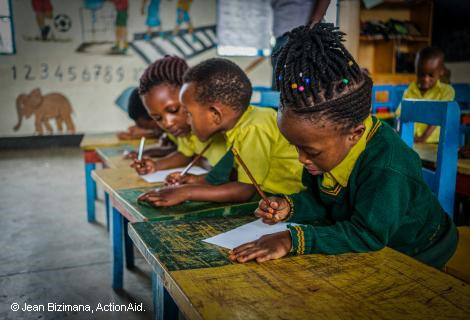
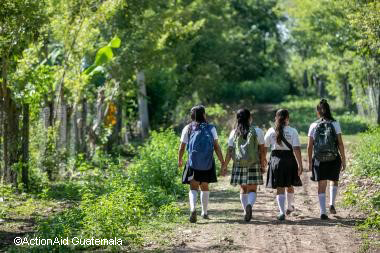
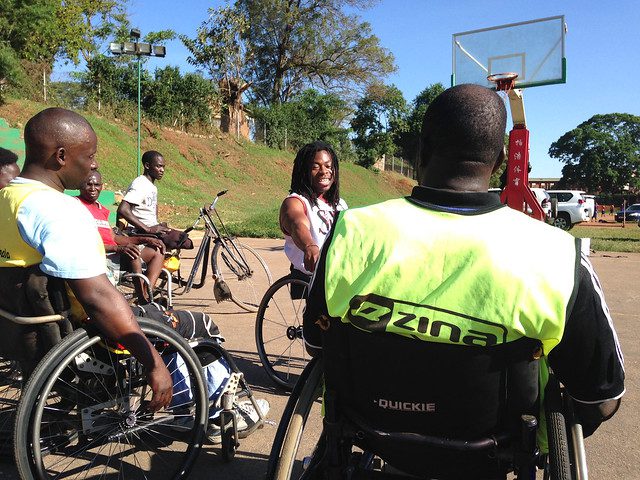
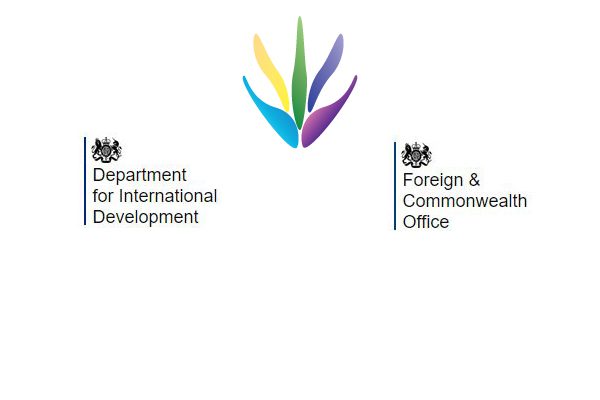
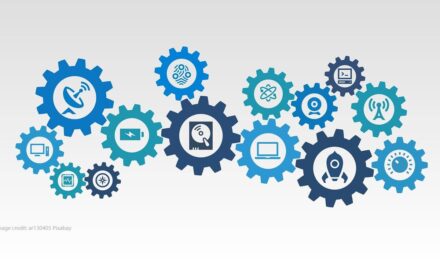
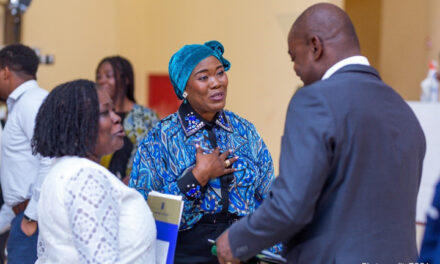
very satisfying in terms of information thank you very much. https://izmirmerkitevdenevenakliyat.com/